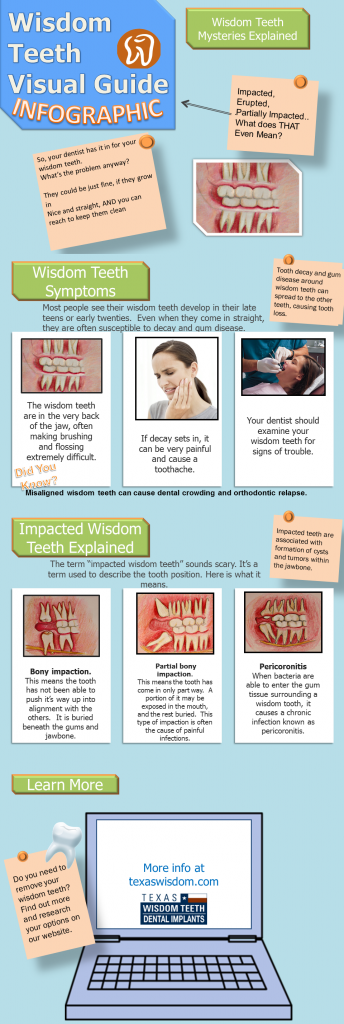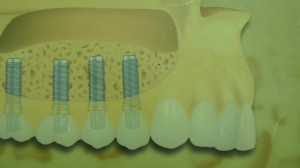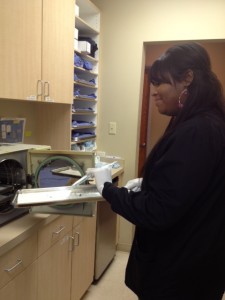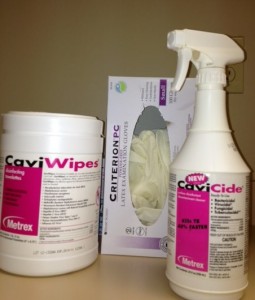
A Visual Guide To Impacted Wisdom Teeth
Impacted, Erupted, Partially Impacted- What does all that even mean? Your dentist has it in for your wisdom teeth, but at the moment they are not hurting you. Before you decide to wait to act upon your dentist’s advice to remove your wisdom teeth, make sure you know all the facts about impacted third molars.
Why Remove Wisdom Teeth?
When it comes to dental surgery, most people are of the attitude “If it ain’t broke, don’t fix it”. This is a really great rule of thumb as long as you recognize that pain is not the only indicator of wisdom teeth problems. In fact, there are many instances in which the third molars can be seriously dysfunctional and even destructive without experiencing pain. Like most dental conditions, such as tooth decay and gum disease, pain does not usually enter the picture until the disease or condition has become quite advanced. Your wisdom teeth are no different. It’s a good idea to have your dentist examine your third molars for signs of pathology, disease, decay or other problems. If he makes a recommendation to have the wisdom teeth removed, ask for an explanation about “why”, so you can understand if there are underlying problems that exist, but perhaps are not painful at the moment.
Impacted Wisdom Teeth
An impacted tooth is one which has not ‘erupted’ into the dental arch, in alignment with the other teeth. It is positioned within the jaw bone, covered completely or partially with bone and gum tissue. Just because a tooth is impacted does not mean it must be removed. Some wisdom teeth are positioned in such a way that removal can cause more risk for complications than leaving the tooth alone. Only an oral surgeon is best qualified to assess impacted wisdom teeth and make this determination.
Some signs of trouble with impacted teeth include:
- Malpositioned tooth which has the potential to cause harm to the adjacent teeth
- Improper tooth positioning which causes misalignment and crowding of the other teeth, especially after previous orthodontic therapy.
- A wisdom tooth which has erupted only partially creates a prime environment for bacteria, resulting in chronic infection, gum disease, decay and pain.
- Formation of destructive cysts around the wisdom tooth which can destroy jaw bone and cause loss of the adjacent teeth, infection or even pathologic jaw fracture
While the problems outlined in this graphic are not the only problems we see associated with impacted wisdom teeth, they are the most common. Some of these problems do not cause physical pain until they have become advanced. As with all dental problems, it’s usually less expensive, less traumatic and easier on you to take care of problems while they are still in their early stages. Ask your dentist about the health of your wisdom teeth, or visit our Dallas oral surgery practice to find out whether your wisdom teeth are healthy enough to keep.
Impacted Wisdom Teeth- A Visual Guide – An infographic by the team at Impacted Wisdom Teeth- A Visual Guide


 When thinking about
When thinking about  In a surgical setting, the number one thing we do to prevent transmission of disease is to sterilize our instruments. Every surgical instrument from retractors to forceps and even dental handpieces (drills) are steam and pressure sterilized utilizing a hospital grade autoclave. First, the instruments are cleaned of any visible soil. After that, they are inspected to make sure they are functioning properly and intact before being placed in an individual wrapper. Once wrapped, the instruments are sterilized in the autoclave, destroying any living microorganisms including bacteria and viruses. The autoclave itself is tested on a regular basis to ensure that it meets the prescribed conditions for sterilization.
In a surgical setting, the number one thing we do to prevent transmission of disease is to sterilize our instruments. Every surgical instrument from retractors to forceps and even dental handpieces (drills) are steam and pressure sterilized utilizing a hospital grade autoclave. First, the instruments are cleaned of any visible soil. After that, they are inspected to make sure they are functioning properly and intact before being placed in an individual wrapper. Once wrapped, the instruments are sterilized in the autoclave, destroying any living microorganisms including bacteria and viruses. The autoclave itself is tested on a regular basis to ensure that it meets the prescribed conditions for sterilization. antiviral/antimicrobial surface disinfectant after each patient. All surfaces which are likely to be handled during patient care, such as the dental chair, light handles and other instruments are covered with a protective barrier or fitted with a disposable instrument to prevent exposure from patient to patient. In addition, all employees utilize disposable protective equipment such as gloves, masks and gowns to reduce the risk of cross contamination. Personal hygiene including proper handwashing techniques and other methods of personal hygiene help reduce the risk of exposure as well.
antiviral/antimicrobial surface disinfectant after each patient. All surfaces which are likely to be handled during patient care, such as the dental chair, light handles and other instruments are covered with a protective barrier or fitted with a disposable instrument to prevent exposure from patient to patient. In addition, all employees utilize disposable protective equipment such as gloves, masks and gowns to reduce the risk of cross contamination. Personal hygiene including proper handwashing techniques and other methods of personal hygiene help reduce the risk of exposure as well.